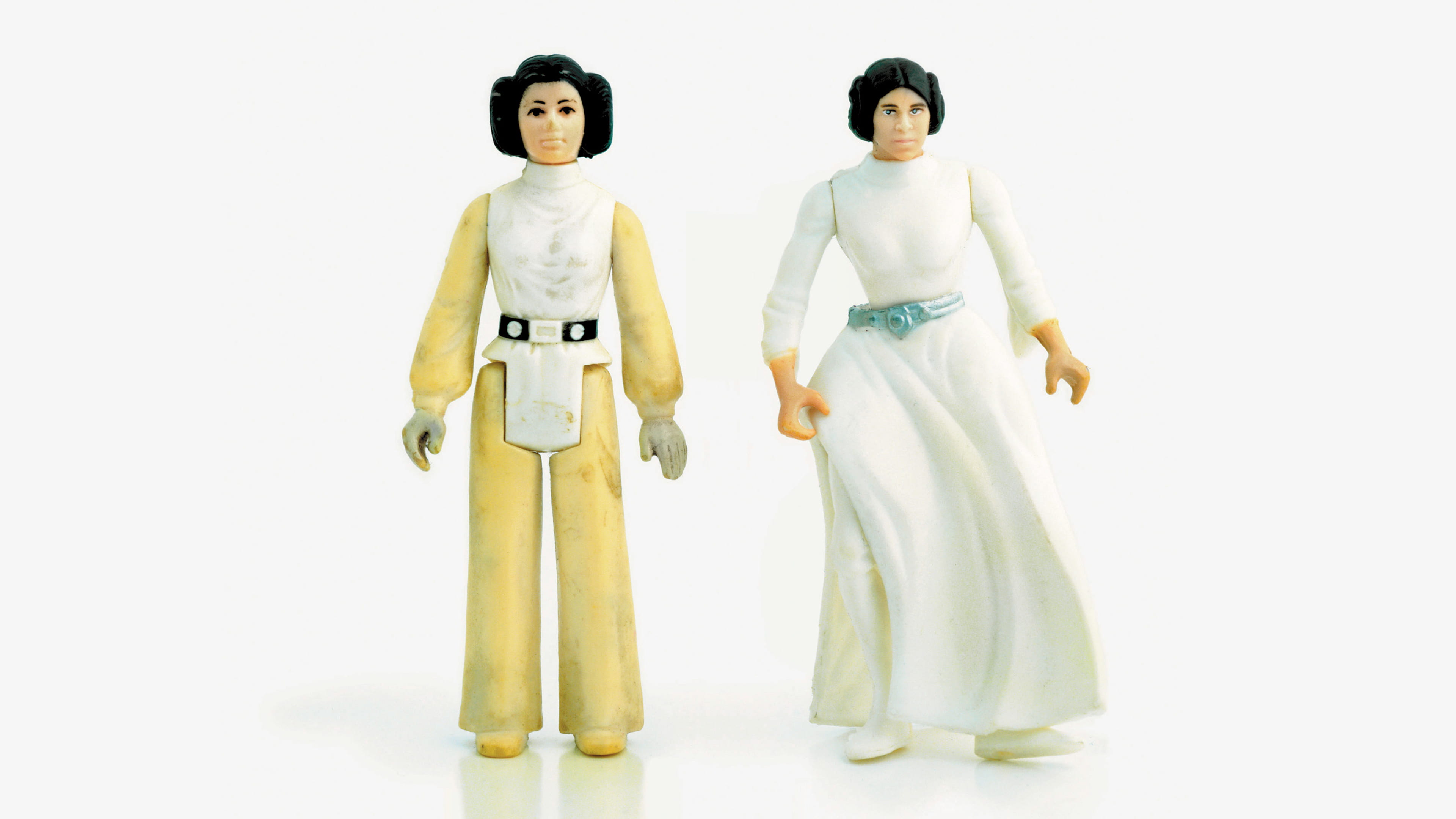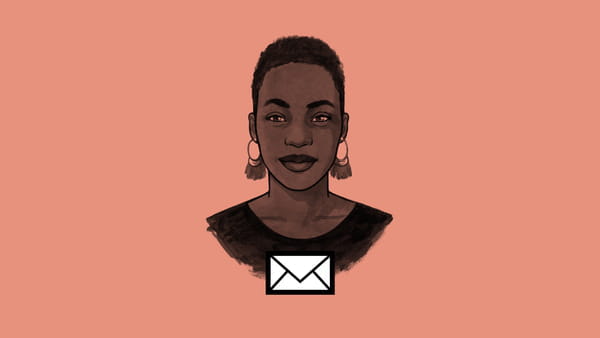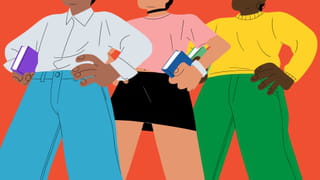As recently as 70 years ago, overt racism like racist slurs and racist violence was a normal part of life.
Today, the same is true for transphobia.
Cisgender people suffer few or no consequences for violating transgender people, whose human rights are debated as if they aren’t actually human beings.
Thanks to how successful European monarchies were in appropriating most of the world, billions of people today organise their entire lives, societies and worldviews on a principle that can only be described as “what’s in yer pants?” When I think about it, I actually can’t imagine anything more absurd.
“Does this person have an outie, or an innie?” cisgender people wonder to ourselves about what’s behind a person’s zipper, wrapper, or two-tone underwear. We do this especially when we realise we’re not really sure about the answer.
Many of us infer what people’s genitals look like based on often unrelated factors like the distribution of fat, muscle and hair on their body; whether they spread or cross their legs when they sit; how often they interrupt another person who is speaking, or how quickly we imagine they might resort to physical violence when stressed. We are socialised to decide, based on our guesses, how “legitimate” the person is, whether they deserve respect and resources, and to what degree.
There are so many ways that this system falls far short of efficiency, legitimacy or even logic. Are private parts private, or are they actually everybody’s business? What happens with people who have both an outie and an innie? What about people who look, act or sound like they have an innie but actually have an outie? What about the millions of situations in which the protrusion or lack thereof in your Spiderman underwear has absolutely nothing to do with anything at all whatsoever?
Here’s something that someone should’ve very aggressively whispered in the ears of Columbus, Cortés and the other c-words who circumnavigated the planet and decided to claim it for their royal funders. “Europe isn’t the centre of the world; the creation myth in the book of Genesis isn’t a law of nature, and human expression is far more complex than can ever be reduced to a ridiculous game of ‘innie or outie’.”
To borrow a note from Yuval Noah Harari’s ambitious yet ultimately limited book Sapiens, the gender binary is just one of the collective delusions around which the contemporary social order is organised. Like money, religion or even human rights, the gender binary is only as real as we collectively agree it is. Unfortunately, far too many of us are deeply invested in this system that determines the value of people’s lives on the basis of what’s nestled below their pelvic bones.
Which brings me to the next book I want to read with you for my book club, The Other Shelf. This month, I’m very enthusiastically diving into Ifi Amadiume’s seminal work Male Daughters, Female Husbands: Gender and Sex in an African Society, in a bid to expand my innate understanding that the genitals do not make the man (or person, or woman).
Amadiume’s book, first published in 1987, decouples “men” from “masculine” categories like “husband”, by highlighting socio-cultural norms among wives, mothers and women in pre-colonial Igbo society. The book is an important intervention that dislodges the gender binary from its too often unquestioned place as a truth that has always everywhere existed, world without end, amen.
If we look beyond the primitive way of rigidly determining human value on the basis of observable sexual organs; if we look beyond Eurocentric and Abrahamic patriarchy; if we shift our focus from genitals to people, what might we discover about humanity as a whole?
That’s what I’m eager to find out from Amadiume’s book this month. It feels inevitable that, within a few decades, widespread gender essentialism will be a thing of the past. In the meantime, those of us who are alive today have the opportunity to join the vanguard of a new era; one in which we have better, more holistic, and frankly less ridiculous ways of organising our understandings of who people are.
Dig deeper
 Ignorance is power too: why JK Rowling deliberately repeats untruths about trans people
I fell in love with the world of Harry Potter as a kid, but when it comes to gender, JK Rowling’s imagination is limited. What’s truly magical is understanding that we don’t have to know everything about someone’s reality to respect them.
Ignorance is power too: why JK Rowling deliberately repeats untruths about trans people
I fell in love with the world of Harry Potter as a kid, but when it comes to gender, JK Rowling’s imagination is limited. What’s truly magical is understanding that we don’t have to know everything about someone’s reality to respect them.
 Want to receive my newsletter in your inbox?
Follow my weekly newsletter to receive notes, thoughts, and questions on the topic of Othering and our shared humanity.
Want to receive my newsletter in your inbox?
Follow my weekly newsletter to receive notes, thoughts, and questions on the topic of Othering and our shared humanity.


